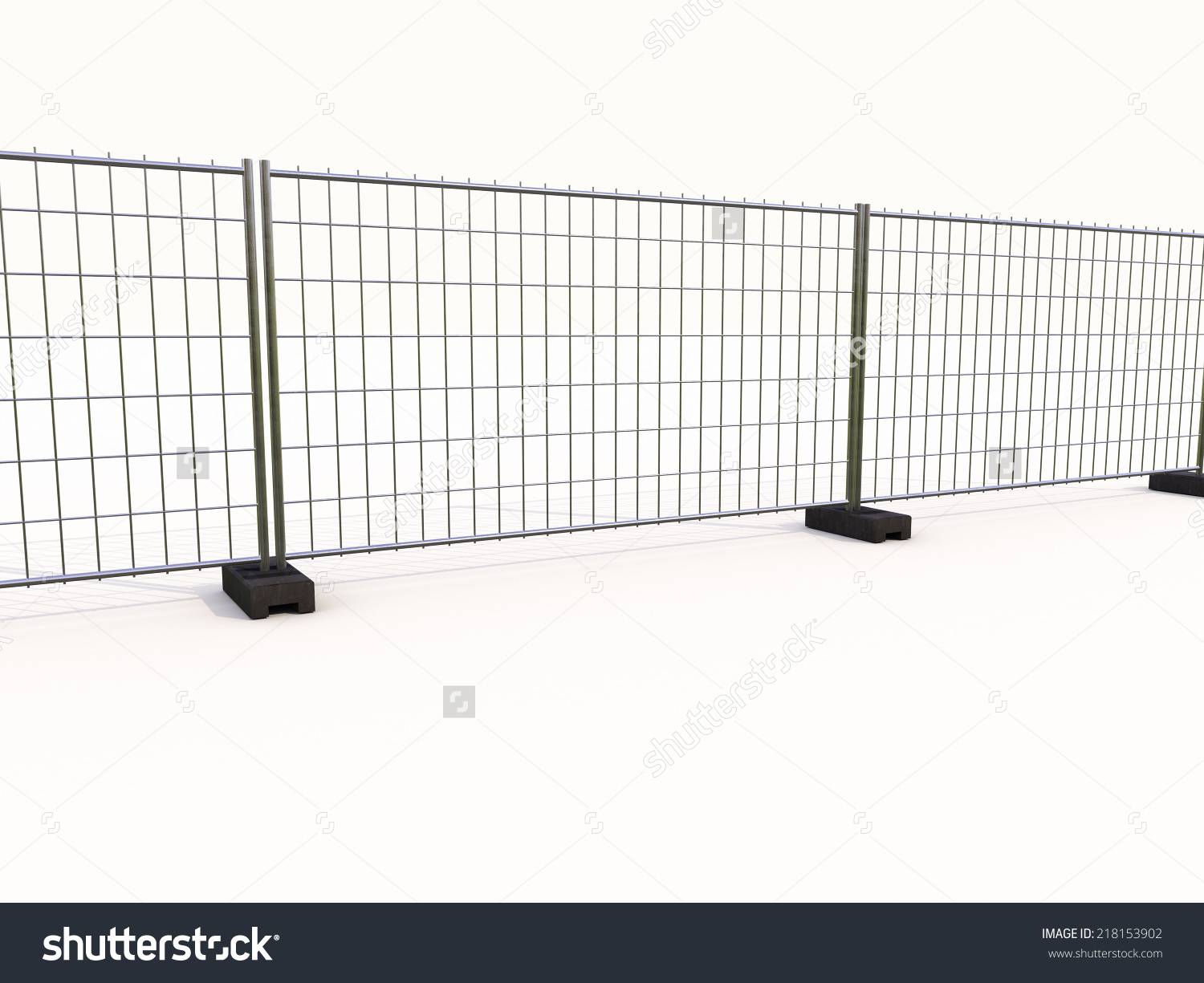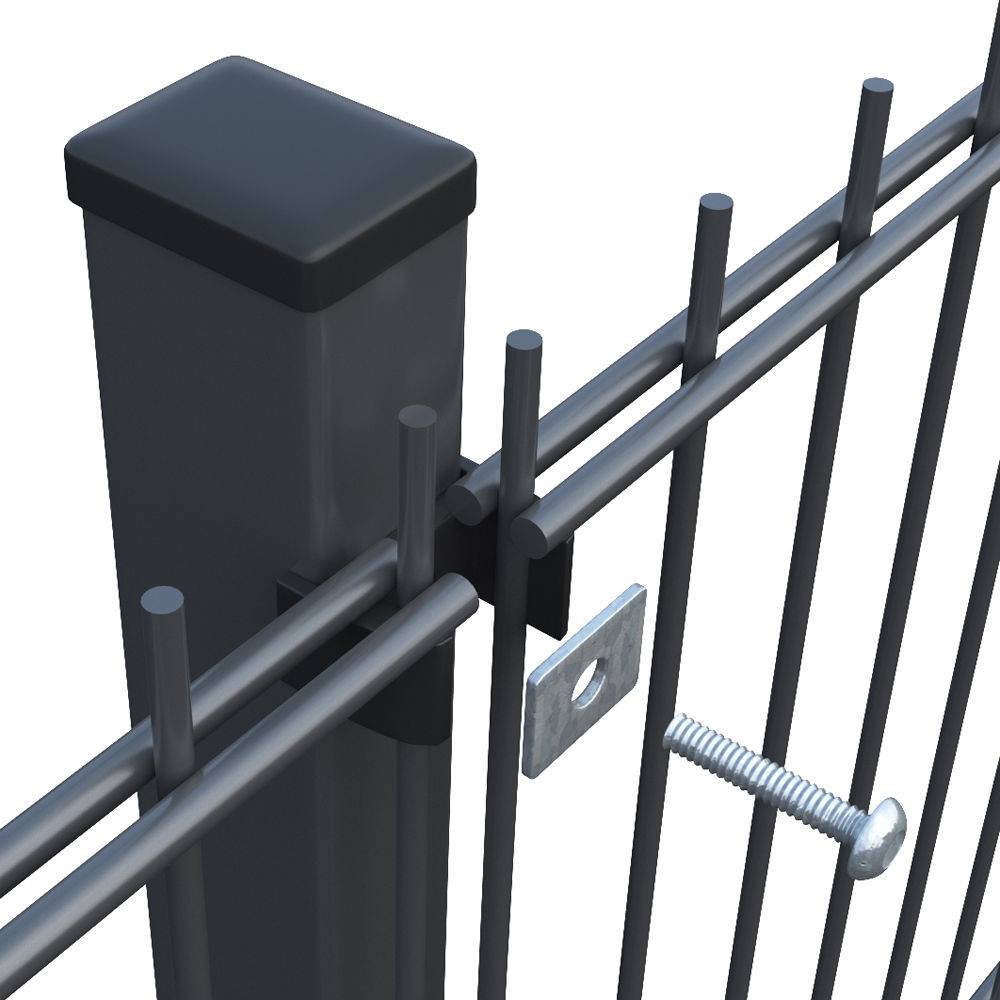
Reliable Flood Barriers: Protect Your Property from Water
Understanding Advanced Flood Barrier Systems
In an era of increasing climate volatility and urban expansion into flood-prone areas, the demand for robust and deployable flood defense solutions has never been more critical. Modern flood barrier systems, particularly the Hesco barrier and welded gabion mesh variants, represent a pinnacle in engineered protection. These modular structures are designed for rapid deployment, providing formidable defense against rising waters, erosion, and even security threats. Their versatility extends across various critical sectors, from safeguarding vital infrastructure to protecting residential areas. Unlike traditional sandbags, these engineered solutions offer superior strength, stability, and significantly reduced deployment times, making them an indispensable asset in contemporary disaster preparedness and civil engineering projects. They are a testament to how advanced material science and engineering principles can address complex environmental challenges effectively.
The evolution of these barriers has moved far beyond simple retaining structures. Today's systems incorporate high-tensile wire mesh combined with durable geotextile liners, creating a highly efficient containment solution that can be filled with readily available local materials such as sand, earth, or gravel. This adaptability ensures that deployment can occur swiftly, even in remote locations where logistical support might be limited. Furthermore, the inherent design allows for varying configurations, enabling engineers to create custom defense lines tailored to specific topographical and hydrological conditions. This adaptability is crucial when considering the diverse challenges posed by different types of flooding, from riverine overflows to coastal surges, underscoring their critical role in comprehensive risk mitigation strategies.
Precision Manufacturing: The Core of Flood Barrier Durability
Comprehensive Manufacturing Process
The manufacturing of a high-quality flood barrier, specifically the Hesco Barrier Welded Gabion Mesh, involves a meticulously controlled multi-stage process to ensure its structural integrity and long-term performance. The journey begins with the selection of premium-grade steel wire, typically low-carbon steel, which undergoes a rigorous drawing process to achieve the precise diameter required for the mesh. This is followed by automated welding, where individual wires are spot-welded at each intersection to form a highly rigid, uniform mesh panel. The precision of this welding process is critical, directly impacting the barrier's ability to withstand significant hydrostatic pressures and external forces. State-of-the-art CNC machining ensures accurate panel dimensions and consistent mesh opening sizes.
Post-welding, the mesh panels undergo a critical surface treatment: hot-dip galvanizing or Galfan coating. Hot-dip galvanizing, conforming to standards like ASTM A123, provides a thick, metallurgically bonded zinc coating that offers exceptional corrosion resistance, extending the product's lifespan significantly in harsh, submerged environments. Alternatively, Galfan coating (a zinc-aluminum alloy) provides even superior protection. These treated panels are then expertly folded and hinged to create the collapsible, modular units characteristic of Hesco barriers. Finally, a heavy-duty, non-woven polypropylene geotextile liner is securely attached to the interior of each unit. This liner is crucial for containing the fill material and preventing soil migration, ensuring the barrier's stability and effectiveness.

Figure 1: Illustration of a Flood Barrier during deployment.
Quality Control and Applicable Standards
Adherence to international quality and performance standards is paramount. Our flood barrier products are manufactured under strict ISO 9001:2015 certified quality management systems. This includes rigorous inspection at every stage, from raw material verification to final product testing. Key quality checks involve wire tensile strength tests, coating thickness measurements (e.g., using X-ray fluorescence), mesh opening size verification, and panel weld strength tests. The geotextile liners meet specific ASTM standards for puncture resistance, UV stability, and permeability. Typical service life for properly installed and maintained galvanized barriers can exceed 20 years, even in challenging environments, due to these robust manufacturing and coating processes.
Technical Specifications & Performance Parameters
Understanding the detailed technical specifications of a flood barrier is essential for effective deployment and performance assessment. These parameters dictate the barrier's strength, stability, and suitability for various applications. For clients also considering related products, our range extends to various options for wire fencing for sale and wire mesh for sale, including solutions like bulk chicken wire for more general containment needs, all manufactured with similar commitment to quality. The table below details key specifications for our standard Flood Barrier Hesco Barrier Welded Gabion Mesh units.
| Parameter | Specification/Value | Standard/Notes |
|---|---|---|
| Mesh Material | Hot-dip Galvanized Steel Wire (Low Carbon) / Galfan Coated Steel Wire | ASTM A641/A123, EN 10244-2 |
| Wire Diameter | 4.0mm - 5.0mm (0.157 - 0.197 inches) | Tolerance ±0.05mm |
| Mesh Opening | 76.2mm x 76.2mm (3" x 3") or 50mm x 50mm (2" x 2") | Square Hole Aperture |
| Panel Dimensions (Typical) | Height: 1.0m to 2.13m (3.3ft to 7ft) Width: 1.0m to 1.5m (3.3ft to 4.9ft) |
Modular, interconnected units |
| Geotextile Liner | Heavy-Duty Non-Woven Polypropylene | UV Stabilized, Permeable, High Puncture Resistance (ASTM D4833, D4632) |
| Tensile Strength (Wire) | 380-550 N/mm² (55-80 ksi) | ISO 6892-1, ASTM A974-97 |
| Corrosion Resistance | Salt Spray Test: >1000 hours (Galfan) | ASTM B117 |
| Deployment Speed | Rapid (can be filled by earth-moving equipment) | Significantly faster than traditional sandbags |
| Estimated Lifespan | 20+ years (when properly installed and maintained) | Depends on environment and fill material |
Versatile Applications & Proven Advantages
Diverse Application Scenarios
The adaptability of the Hesco barrier design allows its application across a broad spectrum of industries and critical scenarios. In disaster management, these barriers are vital for rapid flood defense, diverting water flows and protecting communities and critical infrastructure like power stations and transportation hubs. Their modular nature allows for quick deployment around vulnerable areas, creating effective temporary dikes or retaining walls. For military and security applications, they serve as robust defensive fortifications, capable of absorbing significant blast impacts and providing ballistic protection. This versatility makes the flood barrier an invaluable asset in both civil and defense sectors.
Beyond immediate emergency response, these barriers are extensively used in civil engineering and construction for erosion control, retaining walls, and even temporary dam structures. They are particularly effective in mitigating soil erosion in coastal areas or along riverbanks. In the petrochemical and metallurgy industries, they can be deployed for hazardous material containment or to establish protective perimeters. Their ease of setup and ability to utilize local fill materials make them cost-effective for large-scale projects, offering a sustainable alternative to traditional construction methods in remote or challenging terrains.

Figure 2: Flood Barriers deployed in a typical real-world application.
Key Advantages
- Rapid Deployment: Significantly faster to install than traditional sandbag barriers, saving critical time during emergencies. A single unit can replace hundreds of sandbags.
- High Strength & Stability: The welded mesh construction and interconnected design provide superior structural integrity, resisting significant hydrostatic pressure and impact.
- Modularity & Flexibility: Units can be connected to form continuous walls of varying lengths and heights, adapting to diverse topographical needs.
- Cost-Effectiveness: Reduces labor costs due to rapid deployment and utilizes readily available local fill materials, minimizing transportation expenses.
- Durability & Longevity: Hot-dip galvanized or Galfan coated steel ensures excellent corrosion resistance and an extended service life, even in harsh conditions.
- Environmental Compatibility: By using local earth or sand as fill, the environmental footprint is minimized compared to importing materials.
- Multi-Purpose Utility: Effective for flood control, erosion prevention, military fortifications, and security barriers.
Authoritativeness: Quality Assurance and Industry Compliance
Our commitment to delivering superior flood barrier solutions is underpinned by rigorous quality assurance protocols and adherence to global industry standards. We hold ISO 9001 certification, signifying a robust quality management system that ensures consistency and excellence from raw material sourcing to final product delivery. Our manufacturing processes incorporate advanced testing methodologies, including material composition analysis, weld integrity checks, and coating thickness verification, ensuring every barrier meets stringent performance criteria.
Furthermore, our products are designed and tested to conform to relevant international specifications such as ASTM (American Society for Testing and Materials) standards for wire mesh and coatings, and EN (European Norm) standards for steel products. We frequently engage third-party laboratories for independent verification of performance metrics, including hydrostatic pressure resistance and durability tests, providing unbiased data to our clients. Our extensive service history, spanning over a decade in delivering critical infrastructure protection, reflects the trust and confidence placed in our solutions by a diverse clientele, including government agencies, civil engineering firms, and disaster relief organizations.
Tailored Solutions & Client Success
Customization for Unique Challenges
Recognizing that every project presents unique challenges, we offer comprehensive customization options for our flood barrier systems. This includes variations in unit dimensions (height, width, length), mesh size, wire diameter, and coating types to perfectly match specific environmental conditions, structural requirements, and budgetary constraints. Our engineering team works closely with clients from conceptualization through to deployment, providing technical drawings, load-bearing calculations, and deployment strategies. This collaborative approach ensures that the final solution is not just a product, but a precisely engineered defense system optimized for the client’s particular needs, whether it's for a temporary flood defense or a permanent erosion control structure.
Case Studies & Client Feedback
Our flood barrier solutions have been successfully deployed in numerous high-stakes scenarios globally. For instance, in a recent project aimed at protecting a coastal industrial facility from storm surges, our rapid-deployment barriers enabled the site to establish a 2-meter high protective wall across a 500-meter perimeter within 48 hours, significantly minimizing potential damage and operational downtime. Another critical application involved creating temporary spill containment barriers around a chemical processing plant, showcasing the system's versatility beyond just water management. Clients consistently report satisfaction with the ease of installation, the durability of the materials, and the immediate protective capabilities provided by our systems.
Trustworthiness: Support, Delivery & Warranty
Frequently Asked Questions (FAQ)
- Q: How quickly can the barriers be deployed?
A: Deployment speed depends on the scale of the project and equipment available, but our barriers are designed for rapid installation. A standard unit can be filled in minutes using standard earth-moving equipment, making them significantly faster than manual sandbagging. - Q: What materials can be used to fill the barriers?
A: The barriers can be filled with a wide range of locally available granular materials, including sand, earth, gravel, crushed rock, or even recycled concrete. - Q: Are the barriers reusable?
A: Yes, if the barriers are undamaged during use and proper handling procedures are followed during emptying and folding, they can be reused for subsequent deployments, offering long-term value. - Q: What is the expected lifespan of a Flood Barrier Hesco Barrier?
A: With proper installation and maintenance, and given the hot-dip galvanized or Galfan coating, our barriers are designed for a service life exceeding 20 years, even in challenging environmental conditions.
Delivery and Logistics
Understanding the urgency often associated with flood barrier requirements, we maintain efficient supply chains and logistics capabilities. Our standard delivery lead time for common configurations is typically 2-4 weeks, depending on order volume and destination. For urgent or large-scale emergency requirements, we offer expedited production and shipping options. All products are packaged compactly for efficient transport, minimizing freight costs and optimizing space during storage, whether for domestic or international shipments.
Warranty and Customer Support
We stand behind the quality and performance of our Flood Barrier Hesco Barrier Welded Gabion Mesh products with a comprehensive warranty against manufacturing defects and material failures. Our commitment extends beyond the sale, with dedicated customer support available to assist with product selection, technical specifications, installation guidance, and post-sales inquiries. Our team of experts is ready to provide the necessary support to ensure optimal performance and client satisfaction throughout the lifespan of the installed flood barrier system.
Conclusion: Pioneering Flood Defense
The Flood Barrier Hesco Barrier Welded Gabion Mesh represents a critical advancement in modern flood defense and civil engineering. Its combination of rapid deployment, robust construction, and versatile application makes it an indispensable tool for protecting communities, critical infrastructure, and military assets against escalating environmental and security challenges. By adhering to stringent manufacturing standards and offering comprehensive support, we ensure that our flood barrier solutions not only meet but exceed the demanding requirements of today's dynamic global landscape, providing unparalleled reliability and peace of mind.
References
- American Society for Testing and Materials. (2018). ASTM A123/A123M-17: Standard Specification for Zinc (Hot-Dip Galvanized) Coatings on Iron and Steel Products. West Conshohocken, PA: ASTM International.
- International Organization for Standardization. (2015). ISO 9001:2015: Quality Management Systems – Requirements. Geneva, Switzerland: ISO.
- European Committee for Standardization. (2011). EN 10244-2: Steel wire and wire products — Non-ferrous metallic coatings on steel wire — Part 2: Zinc or zinc alloy coatings. Brussels, Belgium: CEN.
- Koerner, R. M. (2012). Designing with Geosynthetics (6th ed.). Xlibris Corporation.
- United States Army Corps of Engineers. (2006). Engineer Manual EM 1110-2-1913: Design and Construction of Levees. Washington, D.C.: U.S. Army Corps of Engineers.
Recommended Products
Latest News About CHENG CHUANG
-
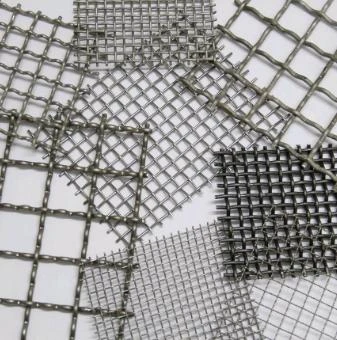 Wire mesh is durableWire mesh represents a cornerstone of modern industrial and agricultural solutions, offering unmatched versatility across countless applications.Read more >
Wire mesh is durableWire mesh represents a cornerstone of modern industrial and agricultural solutions, offering unmatched versatility across countless applications.Read more >Jul 11 2025
-
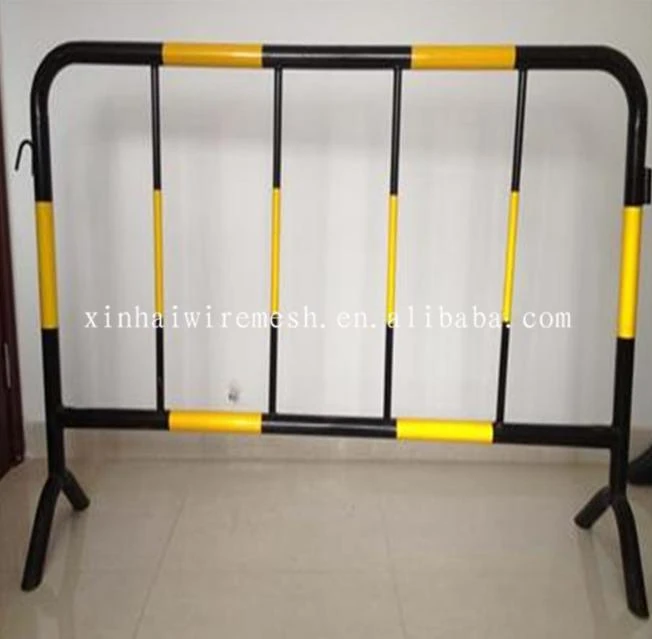 Safety barrier directs traffic flowIn high-risk environments, safety barrier systems stand as non-negotiable guardians against catastrophic incidents.Read more >
Safety barrier directs traffic flowIn high-risk environments, safety barrier systems stand as non-negotiable guardians against catastrophic incidents.Read more >Jul 11 2025
-
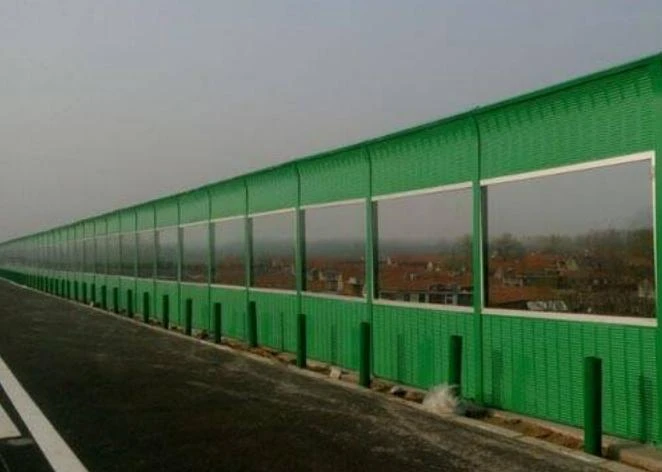 Modular Noise Barrier Eases InstallationUrbanization intensifies noise pollution, making noise barrier systems essential for preserving human health and tranquility.Read more >
Modular Noise Barrier Eases InstallationUrbanization intensifies noise pollution, making noise barrier systems essential for preserving human health and tranquility.Read more >Jul 11 2025
-
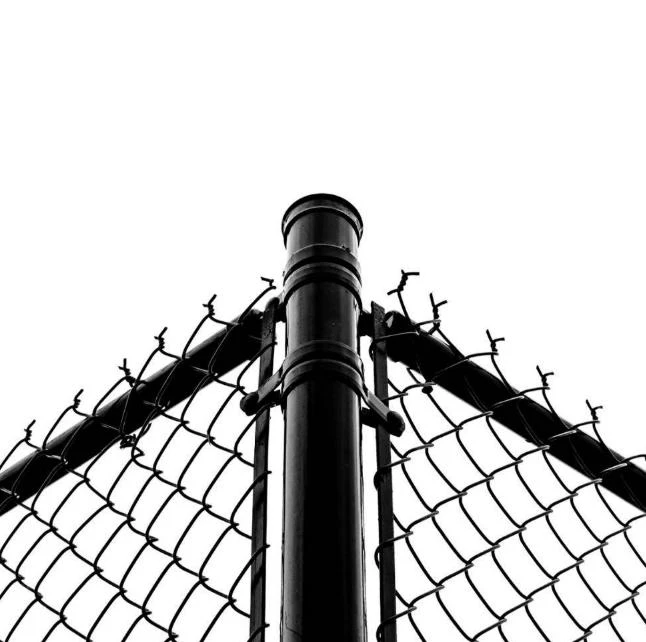 Metal fence types enhance securityMetal fence types form the backbone of modern perimeter security solutions worldwide.Read more >
Metal fence types enhance securityMetal fence types form the backbone of modern perimeter security solutions worldwide.Read more >Jul 11 2025
-
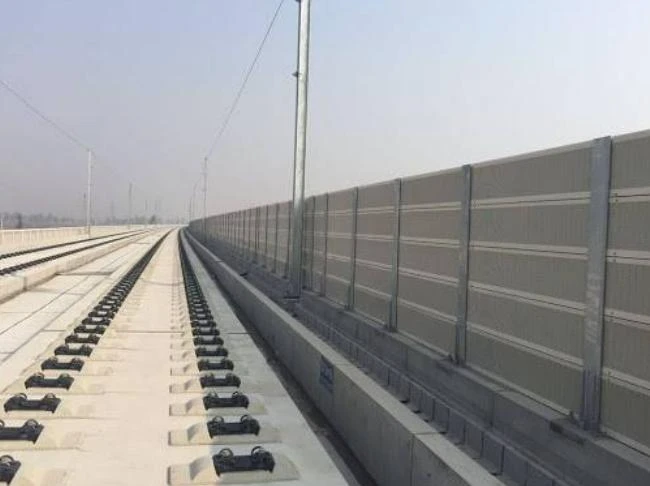 Crowd Control Barrier Manages Foot TrafficThe management of public gatherings demands precision, safety, and reliability, making crowd control barrier systems indispensable tools for organizers worldwide.Read more >
Crowd Control Barrier Manages Foot TrafficThe management of public gatherings demands precision, safety, and reliability, making crowd control barrier systems indispensable tools for organizers worldwide.Read more >Jul 11 2025


